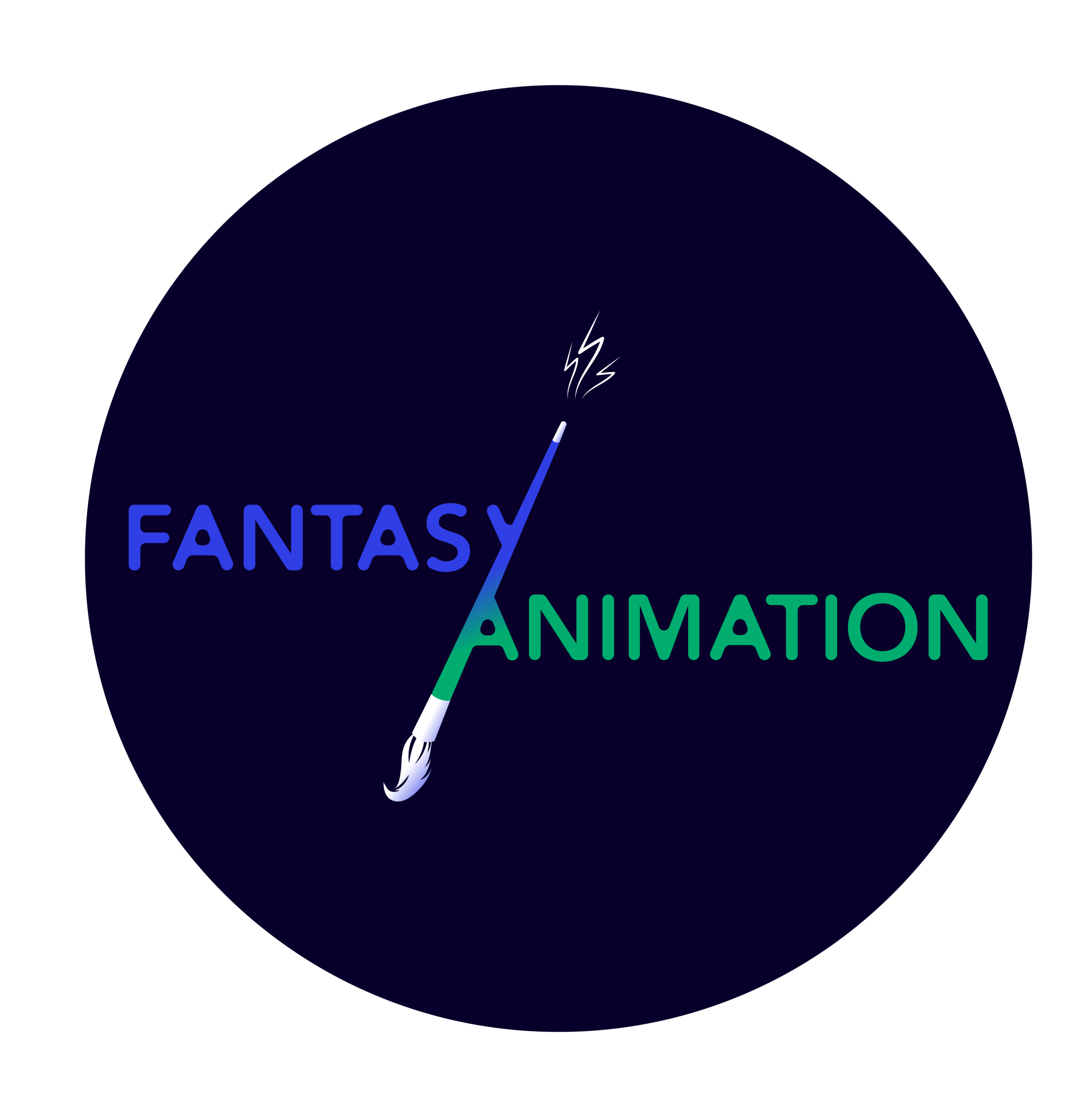The critical and commercial resurgence of Walt Disney’s animation division since the company’s $7.4 billion purchase of Pixar Animation Studios nearly twenty years ago – crystallised by the global success of Frozen (Chris Buck & Jennifer Lee, 2013) and recent hits like Moana (Ron Clements & John Musker, 2016) and Encanto (Jared Bush, 2021) – has coincided with a comparatively fallow period for its famous subsidiary.
Read MoreIn Fairy Tales of London, Hadas Elber-Aviram traces the way in which eight British authors combine London and the fantastic in various stories. Elver-Aviram argues that the fictions of Charles Dickens, H. G. Wells, George Orwell, Mervyn Peake, Michael Moorcock, M. John Harrison, Neil Gaiman, and China Miéville form a coherent, socially engaged, literary tradition that is intimately connected to modern urbanity.
Read MoreThe great Sam Neill’s character Alan Grant in Jurassic Park III (Joe Johnston, 2001) once said, “some of the worst things imaginable have been done with the best intentions.”
Read MoreDuring the 2020-21 academic year, I convened a module on writing that used the significance of representation in fictional worlds (a key element of both fantasy storytelling and animated media) to guide undergraduate students through the challenges of writing across disciplinary boundaries.
Read MoreIt is a rare privilege to witness the origins of a globally popular artform like Japanese anime, and even rarer to experience it with live musical accompaniment and traditional Benshi narration.
Read MoreGothic Film: An Edinburgh Companion provides a wide variety of perspectives based on differing examples of the Gothic within the film with analyses categorised by genre, time-period, and theoretical approach
Read MoreThe 1973 animated adaptation of Stefan Wul’s 1957 novel, Oms En Serie, recounts the enslavement and subjugation of the ‘Oms,’ (a term that is phonetically indistinguishable from the French word for men, hommes), by giant blue humanoid aliens, the ‘Draags.’
Read MoreAs someone who was schooled in the UK between the mid-1990s and mid-2000s, I don’t have extensive memories of the formal teaching of sex education, for such classes were embarrassingly few.
Read MoreI started researching the figure of Zatoichi the Blind Swordsman for specific reasons, which resulted in the book-length study, The Paths of Zatoichi (2021).
Read MoreThe very title of this new collection may leave experienced readers raising eyebrows. Arthuriana, after all, is a complex tradition with a long history of adaptation and remediation, so it might be difficult to imagine that a single book could cover two entire centuries of these practices and the texts they produce.
Read MoreIn this blog post I will explore the ways in which Jay Z’s 2017 music video ‘The story of O.J’ (2017) evokes the problematic politics of representation in animation, and the damaging effects that these representations have historically had on understanding of American black identity and culture.
Read MoreThe Man of Carton (2021) is a music video project that uses forms of fantasy and animation to provide a metaphor for, and representation of, a specific type of human behaviour related to psychopathy, exploring the relationships between emotion, empathy, and behaviour. Psychopathy’s most significant and dominant characteristics are traditionally understood as the reification of humans, a perceived lack of emotion, a need to corrupt or cause harm or pain to others, and a complex relationship to modes of innocence.
Read MoreFranz Kafka once wrote that Gregor Samsa awoke one morning to find himself in the body of an enormous insect. This Metamorphosis caused Gregor some difficulties, and both Kafka’s novella as well as the stage adaptation by Steven Berkoff explored issues of class and identity.
Read MoreFlee (Jonas Poher Rasmussen, 2021) is an animated documentary that explores the nature of memory and trauma by taking the viewer on an emotional journey. It uses animation to present the memories of Amin Nawabi, an Afghan refugee credited under a pseudonym. Encouraged by his anonymity, he tells director Jonas Poher Rasmussen his story (Grobar 2021).
Read MoreMany videogame players awaited the release of Netflix Animation’s The Cuphead Show! (Dave Wasson, 2022). The show is based on the videogame Cuphead (Chad and Jared Moldenhauer, 2017), which was noted for its unique aesthetics within the gaming world. The game’s innovation lay in its inspiration in early 20th century American animation.
Read MoreThe world that children occupy is full of secrets, and is a world not shared with adults. It is one concerned primarily with fantasy and imagination. Every child has a right to occupy that secret world; it’s part of childhood development and is an important locator of child identity as a ‘non-adult’. As Chris Jenks tells us, “the child is familiar to us and yet strange, he or she inhabits our world and yet seems to answer to another” (2020, 3). The child exists in its own distinct world and separation and agency are at the core of that world.
Read MoreNineteen Eighty-Four (1949) as a novel has taken on a life divorced from its creator. In political parlance, the book—or terms from it—have been used to herald apocalyptic prophecies, no matter the political affiliation. For example, recently in the United States, Senator Josh Hawley, R-MO, used the term “Orwellian” to describe a publishing house’s cancellation of a book contract.
Read MoreUnder the sea, monsters lurk. Despite The Little Mermaid (Ron Clements & John Musker, 1989)’s Sebastian singing about under the sea being better, audiences have long held a fear of the ocean and what lies beneath. It is an understandable fear, linked to the fear of the unknown; after all, it is estimated that 80% of our oceans remain unexplored.
Read MoreThe climactic sequence of The Thief and the Cobbler/The Princess and the Cobbler/Arabian Knight (unfinished, 1993, 1995, Richard Williams) or the ‘War Machine sequence’ - as it is commonly found on YouTube - is a long and intricate piece of experimental animation.
Read MoreDon Corrigan’s light-hearted Nuts About Squirrels: The Rodents that Conquered Popular Culture (McFarland, 2019) makes the case for a squirrel as the dominant rodent of American popular culture.
Read More



















